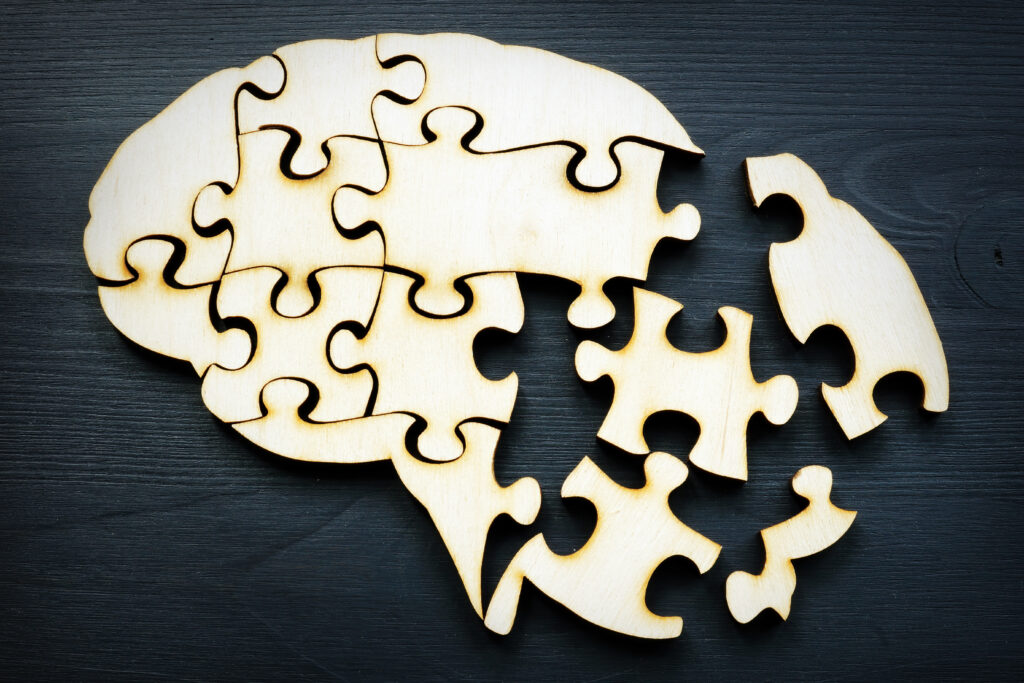The 7 stages of dementia are part of the “Global Deterioration Scale” developed by Dr. Barry Reisberg and are commonly used as a general guide to describe the progression of Alzheimer’s disease. The 7 stages are:
- No Cognitive Decline (normal function)
- Very Mild Cognitive Decline (may be normal age-related changes or earliest signs of Alzheimer’s)
- Mild Cognitive Decline (early-stage Alzheimer’s, memory loss is noticeable)
- Moderate Cognitive Decline (mid-stage Alzheimer’s, significant memory loss and difficulty with daily tasks)
- Moderately Severe Cognitive Decline (late-stage Alzheimer’s, increased dependence on caregivers)
- Severe Cognitive Decline (very late-stage Alzheimer’s, inability to communicate and significant physical decline)
- Very Severe Cognitive Decline (end-stage Alzheimer’s, requiring total care)

The length and characteristics of each stage of the 7-stage Global Deterioration Scale can vary widely from person to person and may not reflect the experiences of all individuals with dementia. However, the following is a general description of each stage:
- No Cognitive Decline (normal function) – This stage is characterized by normal cognitive function and no noticeable decline in memory or daily functioning.
- Very Mild Cognitive Decline (may be normal age-related changes or earliest signs of Alzheimer’s) – This stage may last a few months to several years and is characterized by mild memory loss, such as forgetting familiar names or recent events, but overall functioning remains relatively normal.
- Mild Cognitive Decline (early-stage Alzheimer’s, memory loss is noticeable) – This stage may last 2 to 4 years and is characterized by noticeable memory loss and difficulty with problem-solving and planning. Individuals in this stage may also experience mood changes and personality shifts.
- Moderate Cognitive Decline (mid-stage Alzheimer’s, significant memory loss and difficulty with daily tasks) – This stage may last 2 to 10 years and is characterized by significant memory loss, difficulty with activities of daily living, and changes in behavior and mood. Individuals in this stage may also experience confusion, disorientation, and agitation.
- Moderately Severe Cognitive Decline (late-stage Alzheimer’s, increased dependence on caregivers) – This stage may last 1 to 3 years and is characterized by profound cognitive decline, inability to communicate, and significant dependence on caregivers for basic activities of daily living.
- Severe Cognitive Decline (very late-stage Alzheimer’s, inability to communicate and significant physical decline) – This stage may last several months to a year and is characterized by complete inability to communicate and significant physical decline, often requiring full-time care.
- Very Severe Cognitive Decline (end-stage Alzheimer’s, requiring total care) – This stage is characterized by complete dependence on caregivers for all activities of daily living and is typically the final stage before death.





